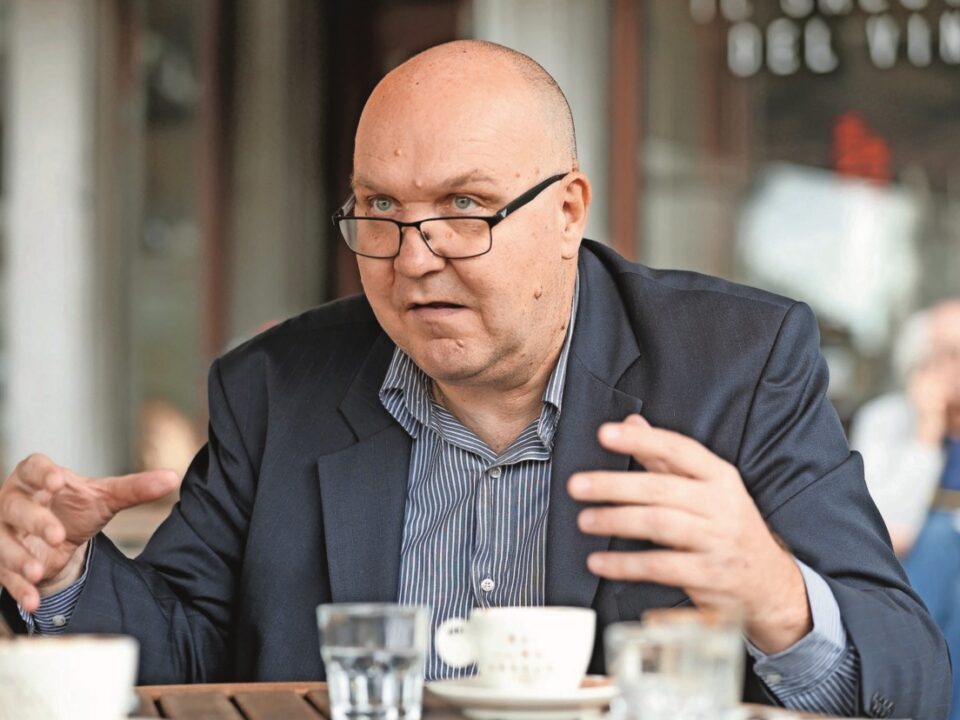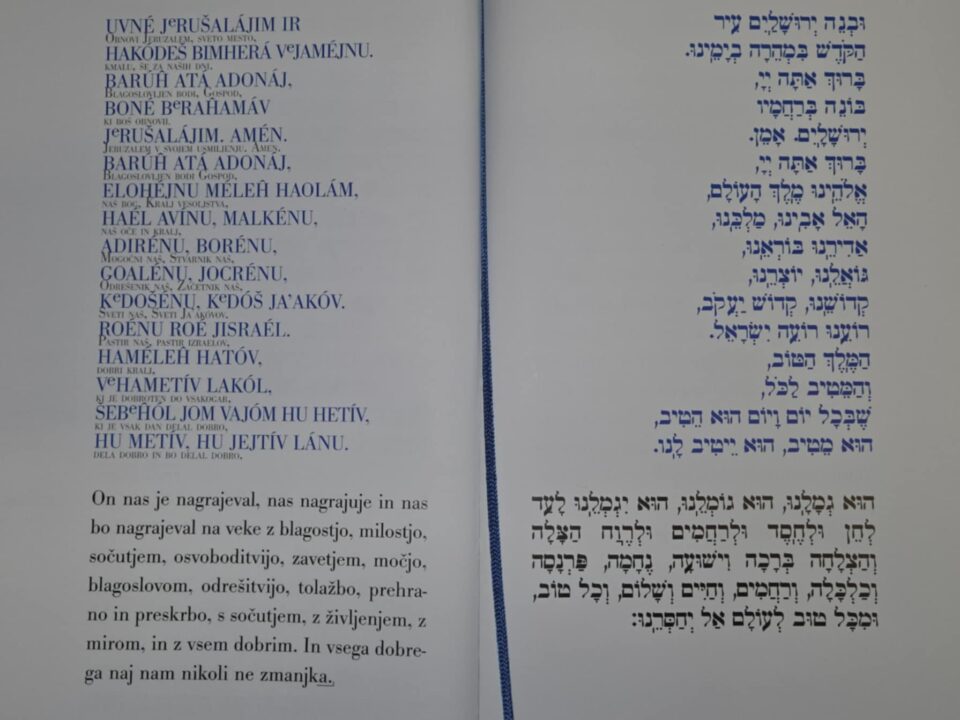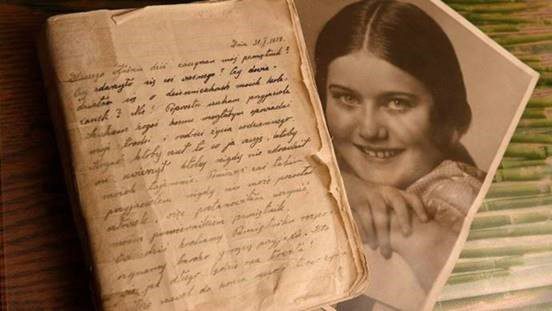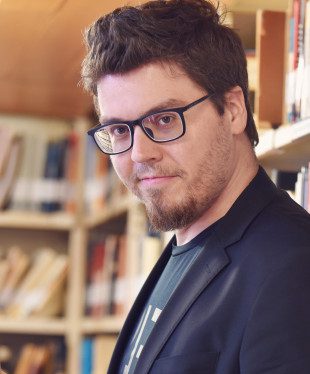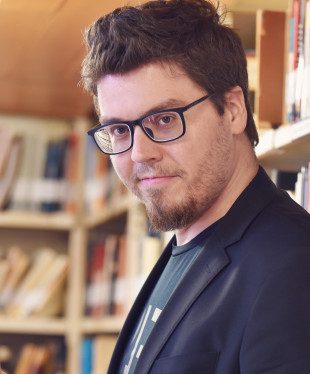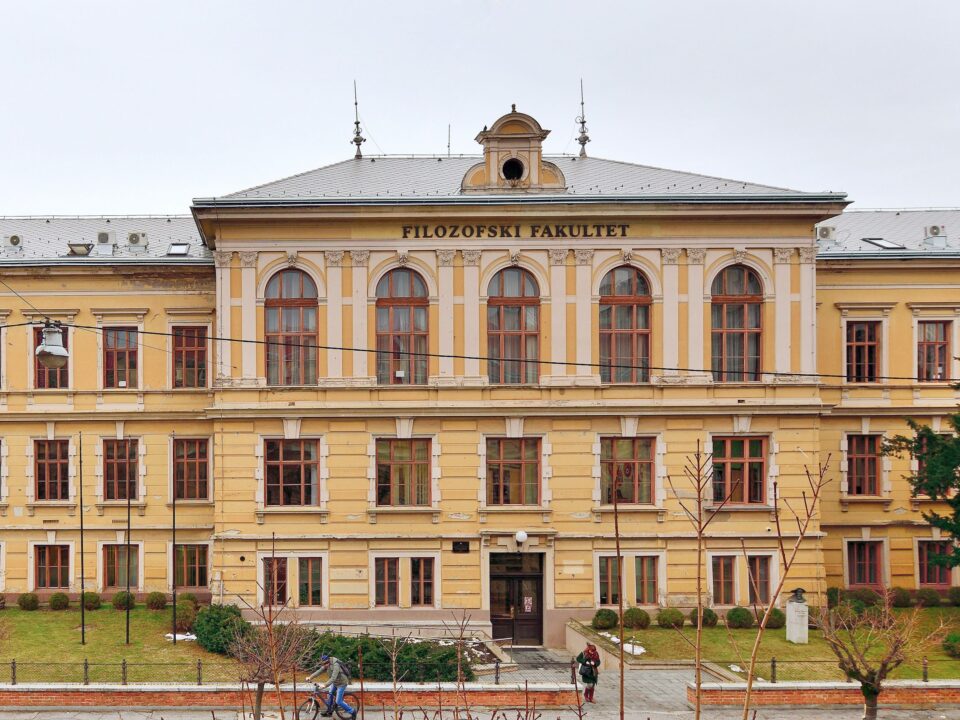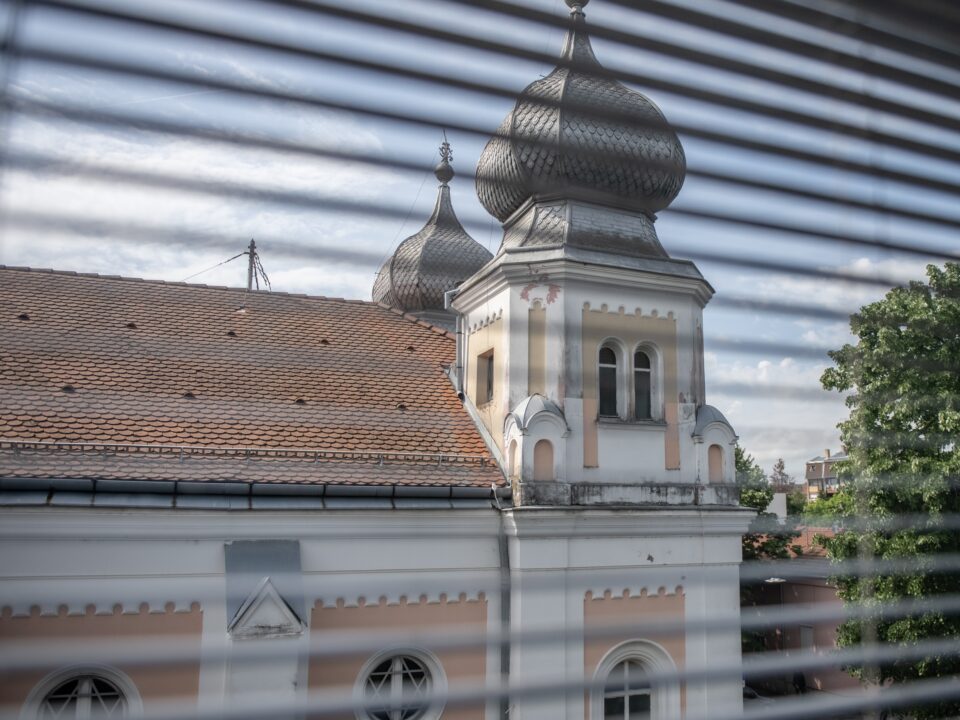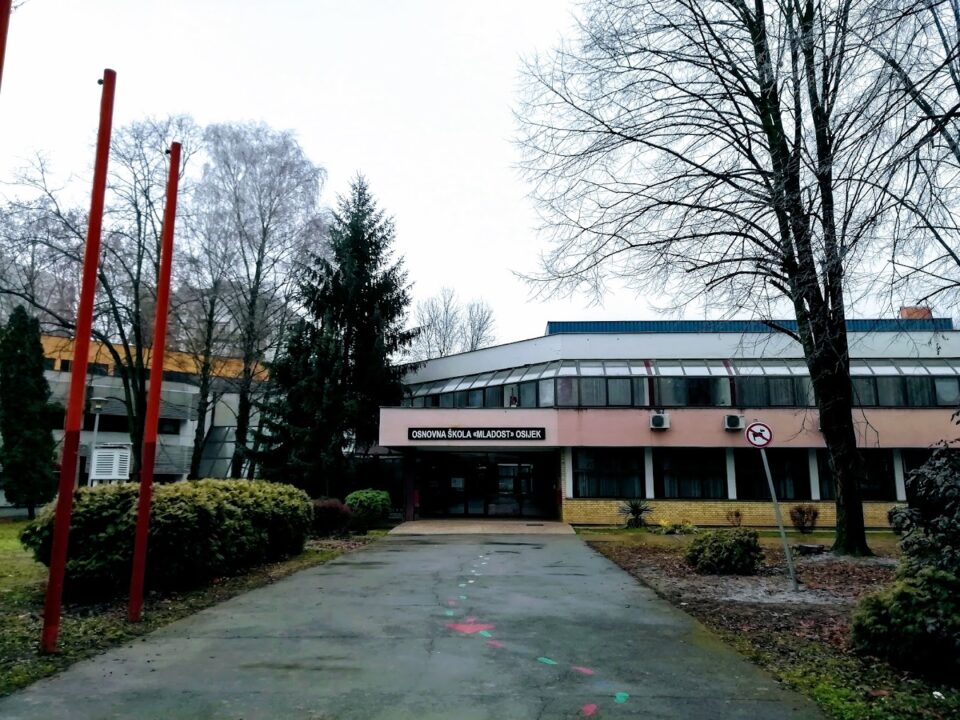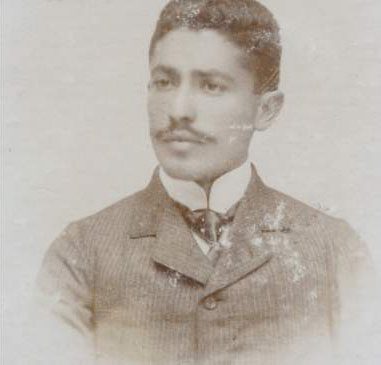A Brief History of the Jews in Goriška, presentation of the book guide with authors Lorenzo Drascek and Dr. Renato Podbersič
(also part of the official GO! 2025 – European Capital of Culture program)
The presentation of the book guide, published as part of the Little Jerusalem project, is part of the official GO! 2025 – European Capital of Culture program. There are two monuments of centuries-old Jewish presence in Nova Gorica and Gorizia: the synagogue in Gorizia and the Jewish cemetery in Rožna Dolina, which were separated into two countries by the border after World War II. The book guide A Brief History of the Jews in Goriška symbolically and conceptually connects two places of memory that testify to the religious and cultural diversity of the history of Goriška. The authors of the book guide Lorenzo Drascek and Dr. Renato Podbersič will participate in the presentation.
A Brief History of the Jews in Goriška, presentation of the book guide with authors Lorenzo Drascek and Dr. Renato Podbersič
(also part of the official GO! 2025 – European Capital of Culture program)
The presentation of the book guide, published as part of the Little Jerusalem project, is part of the official GO! 2025 – European Capital of Culture program. There are two monuments of centuries-old Jewish presence in Nova Gorica and Gorizia: the synagogue in Gorizia and the Jewish cemetery in Rožna Dolina, which were separated into two countries by the border after World War II. The book guide A Brief History of the Jews in Goriška symbolically and conceptually connects two places of memory that testify to the religious and cultural diversity of the history of Goriška.
Spelling rules for translating Hebrew, a round table with Maja Kutin, Dr. Samo Skralovnik, Dr. Helena Dobrovoljc and Rok Kuntner. The discussion will be moderated by Marjetka Bedrač.
Slovenian spelling is a fundamental work that contains rules on the Slovenian script, as well as rules for borrowing from other languages. In line with the development of the language, spelling rules are constantly being systematically supplemented, which is ensured by the spelling commission operating at the Slovenian Academy of Sciences and Arts and the Slovenian Academy of Sciences and Arts, and proposals for supplementing spelling rules are also the subject of public debate. Hebrew belongs to the group of languages that are written with non-Latin letters, so when borrowing from Hebrew we often encounter conundrums about how to write Hebrew words in Slovenian.
Renia Spiegel: Renia's Diary, a book presentation with translator Jana Unuk and Boris Hajdinjak. The discussion will be moderated by Bogumiła Płachtej.
Renia Spiegel was born into a Jewish family in Poland in 1924. In 1939, just before the German and Soviet invasions of Poland, she began writing a diary, in which she described everyday life during the occupation, school, problems with friends, first love, the unbearable pain of separation from her mother, and the longing for peace. She weaved the events together with her thoughtful, caustic, and surprisingly mature poetry. The last entry in the diary was made by Renia's boyfriend in July 1942, after she was killed by the Germans. Renia's diary is part of the Bellak family's family legacy, and was only publicly published a few years ago.
Citing and researching biblical, Jewish and early Christian written sources, presentation of a scientific monograph with editors Dr. Sam Skralovnik and Mag. Aljaž Krajnec. The presentation will be followed by a practical workshop.
The scientific monograph on citing and researching biblical, Jewish and early Christian written sources is the first scientific work in Slovenia that offers systematic and unified instructions for citing scientific sources and literature from the Judeo-Christian field. The monograph is the result of many years of work and experience of higher education teachers and researchers at the Faculty of Theology, University of Ljubljana, and its authors tried to fill the gap in the field of standardized citing of the above-mentioned sources in the Slovenian language area. The monograph is based on and builds on the work of Robert Petkovšek Citing in the methodology of scientific work at the Faculty of Theology, University of Ljubljana, with which the so-called The Chicago Manual of Style has been established as a standard for theological scientific research work in Slovenia, while also taking into account comparable scientific works published so far in Europe and the wider international space.
Basics of Hebrew and its peculiarities, Hebrew writing workshop with dr. Samo Skralovnik
(also part of the Come to the BALKON/Sunday project in the Židovska Cultural Quarter)
Hebrew is the original language of all Jews, regardless of where they live today. It is a Semitic language, and its peculiarity is that it is written and read from right to left. The Hebrew alphabet has 22 letters, and five of them can be written in two ways, depending on where in the word the letter appears. It differs from Slovenian in several other peculiarities, and you can learn more about them at the workshop, where participants will, among other things, test their skills in writing personal names in Hebrew. The workshop will be led by dr.
The book "Family Records of Osijek Jews" by Hrvoje Volner is based on documents from 1945 that record data on Osijek Jewish families after the Holocaust. From them we learn about the demographic and social structure of the community, deportations, escapes, partisan involvement, and financial circumstances.
The author determines that out of approximately 2,600 Jews, only 446 survived, while more than 2,000 perished, including 220 children. In addition to analytical chapters, the book includes 760 preserved family records as a valuable source for future research and family memory.
It is autumn 1944, the war days are critical in the Hungarian capital, right-wingers are taking power and intensifying the persecution of Jews, the Allies are bombing the city, the Russians are approaching, all sorts of rumors are circulating; street shootings, the roar of cannons, alarms, cold and hunger, fear and general insecurity… A lonely forty-year-old Osijek man, Alfred Fischer, a Jew, a lawyer by profession, humanist and pacifist, an emigrant in that city for the fourth year, keeps a diary during those months and writes down his fears for himself and his family with whom he shares the fate of refugees. Along with all this he manages to write down serious political thoughts about the future of the Balkan nations after the imminent defeat of the Nazis in the war, and tries to think optimistically about himself as a free man again.
Lecturer: Darko Fischer
Alfi Kabiljo was a Croatian composer, conductor, arranger, pianist, songwriter, librettist and producer. He composed music for around 40 movies and around a hundred television series. He is the author of numerous popular compositions and chansons and is a multiple winner and participant of pop music festivals in his homeland and abroad.
Musical part:
1. Choir of the Elementary School "Mladost"
2. Iskra Rajković, child soprano, Prof. Ivančica Hinek, piano (Musical School Franje Kuhača Osijek)
Lecturer: Attila Čokolić
The Jewish community in the city of Osijek greatly contributed to the development of legal thought, the legal profession and the judiciary of Osijek, and the whole of Slavonia, in the period from 1870 to the beginning of World War II. The city of Osijek developed intensively during this period, and the influx of capital undoubtedly stimulated the great development of crafts and industry. All this led to a greater need for legal protection, which at that time was provided only by lawyers.
Among the numerous Osijek lawyers, members of the Jewish community, two stand out in particular: Dr. Hugo Spitzer (1858 – 1934) and Dr. Hermann Weissmann (1884 – 1942). Both of these lawyers have great and lasting significance, both for the Jewish community, the city of Osijek, and the Republic of Croatia.

